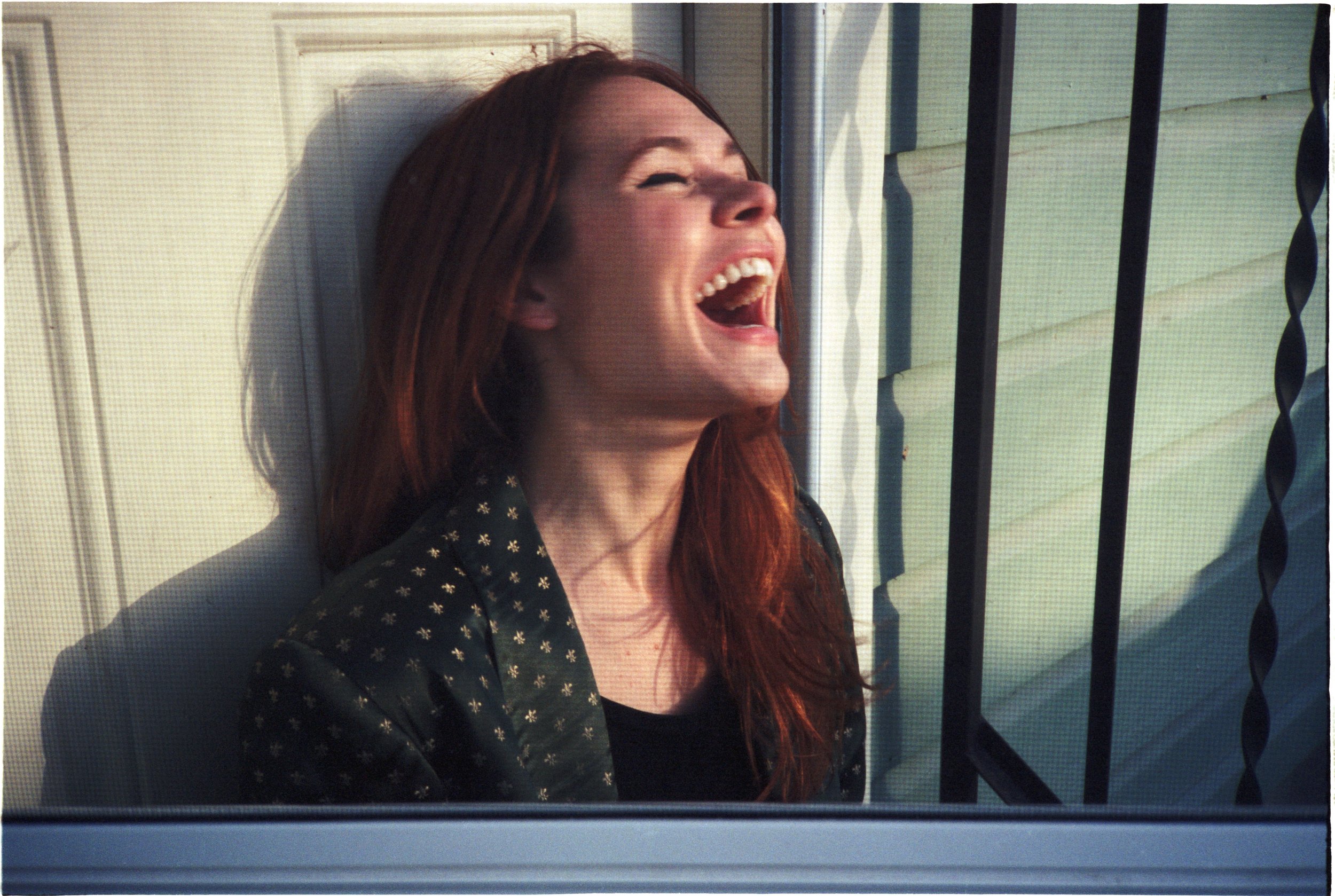photo by Michelle Grace Hunder
WEBSITE | FACEBOOK | INSTAGRAM | SPOTIFY | APPLE MUSIC | YOUTUBE | BANDCAMP
“4.5/5 stars. This EP will become a landmark.” - Rolling Stone
”Imogen Clark may not have tailored her record to this era but her vibrant, bracing songs – kind of like a dip in a cold September sea – might just be one of the things to carry us through it.” - Sydney Morning Herald
“A searing, soaring anthem full of fire and fervor.” - Atwood Magazine
Imogen Clark is an AIR Award nominated indie artist from Western Sydney. Her music ranges from intimate to arena-ready, anthems with the soul of a confessional singer-songwriter.
“My whole life has been a struggle to stand up for who I am and what I’m worth, in life, in relationships and as an artist,” says Imogen. “That’s what my music is about in one way or another. With Nonchalant, I got angry with a guy who used me and kept me dangling on his hook, and now with Compensating, I’m getting even. When I got with Xavier Dunn to write this song, I wanted to take my heartbreak and make it something fun and cathartic, something that would make me feel powerful when I’m singing it and all the single girlies can listen to all summer by the pool with some margaritas in hand”.
Indeed, Despite the subject matter, ‘Compensating’ is one of Imogen’s frothiest songs to date – a swinging kiss off to a an ex who ‘social climb[s] in skinny jeans ripped with a knife’, co-written with and produced by Xavier Dunn (Jack River, CXLOE).
An artist who has always been compelled to create and connect with her audience, even at the nadir of the pandemic, 2022 has been a busy year even for her.
Barrelling into the year collaborating with Mo’Ju, Ali Barter, I Know Leopard and more on her 2nd Annual Holiday Hootenanny show in Melbourne, she followed that up by assembling a supergroup featuring Adam Newling and members of Middle Kids and Egoism to record a new version of live favorite ‘Enemy’ to kick off her epic 100 Shows in 100 Days tour.
A sprawling trek across Australia that saw her play everywhere from Newcastle to Cowra, Melbourne to Mudgee, Brisbane to Gippsland and many more places besides, mixing high octane full band sets with intimate solo performances and a sprinkling of surprise pop-up shows (like a protest set outside Kirribilli House in the lead up to the Federal Election) and full production online gigs for her international fans. The tour powered through obstacles including visa issues, a COVID-induced week off, floods and more to wrap up triumphantly in Adelaide the night before the AIR Awards, where Imogen was nominated for Best Pop Album/EP for her 2021 release ‘Bastards’. She also managed to release her cathartic single ‘Nonchalant’, described by Atwood magazine as “a searing, soaring anthem full of fire and fervor”.
It has been the most ambitious year yet from an artist who has spent the most challenging two years the music industry has ever faced refusing to rest on her laurels, releasing critically acclaimed EPs The Making of Me and Bastards, two Christmas singles, a live record and even touring, including sold out EP launch shows in Sydney and the first two editions of her now annual Holiday Hootenanny shows, featuring guests including Ali Barter, I Know Leopard, Mo’Ju and Montaigne.
The 26-year-old started 2020 in LA, recording with producer Mike Bloom (Julian Casablancas, Jenny Lewis) and a cast of rock legends, recording The Making of Me and what would become Bastards, which was later finished across the globe from Sydney over Zoom. The EPs form two halves of an artistic rebirth for Clark, featuring her most raw and intense music to date, covering addiction, suicide, misogyny and doomed romance.
Amongst the murderer’s row of collaborators on the records include Men at Work’s Colin Hay, Dawes frontman Taylor Goldsmith, Rilo Kiley’s Jason Boesel and Melbourne indie-pop artist Eilish Gilligan as co-writers, and Tom Petty and the Heartbreakers keyboardist Benmont Tench and Elvis Costello and the Attractions drummer Pete Thomas lending their legendary chops to the recordings.
Cutting her teeth playing in Western Sydney bars during her teen years before touring and recording around the world, from the US to Europe to the UK, Imogen brings the depth and confidence of a seasoned rocker to the stage despite her youth. Taking inspiration from legends like Bruce Springsteen and Joni Mitchell as much as contemporary heroes Maggie Rogers and Gang of Youths, Imogen’s music continues to dissolve the barriers between her emotions and her audience, even as her music and shows get bigger in size and scope.

















